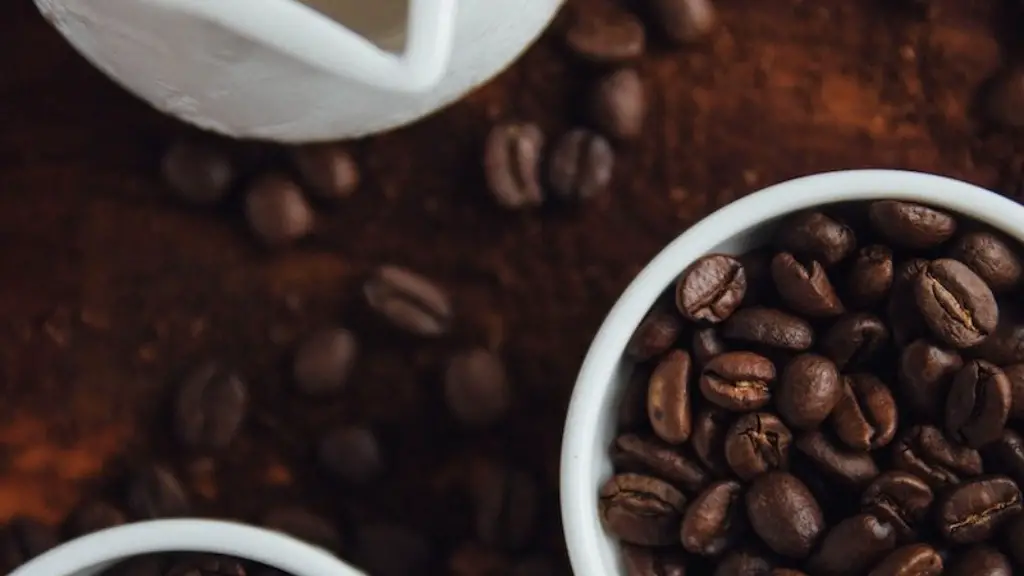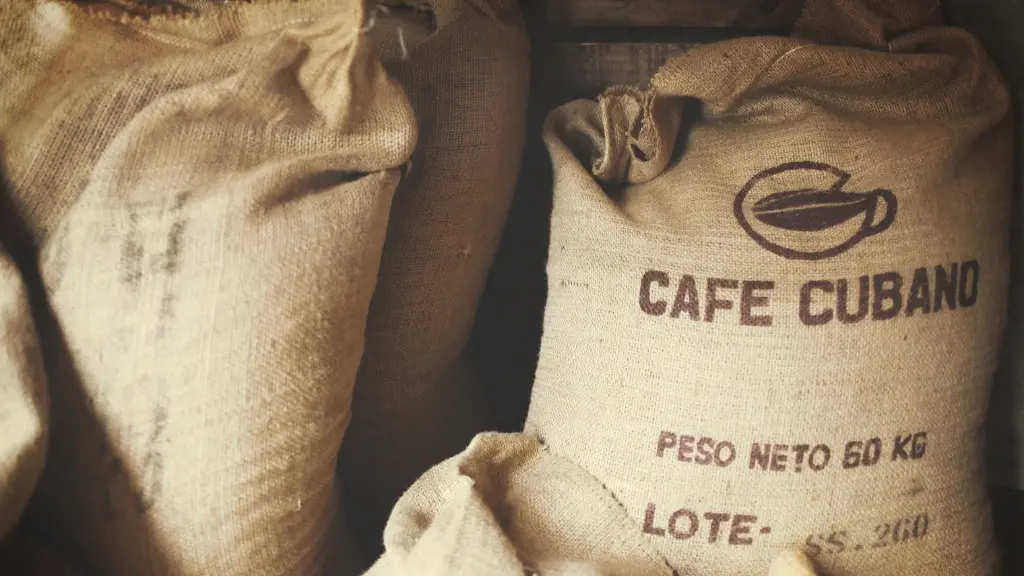Intermittent fasting combined with bulletproof coffee is a popular combination that can help you reach your health, wellness and weight loss goals. But is this combination a good idea if you’re trying to follow an intermittent fasting regimen? Let’s take a look at what experts say.
Bulletproof coffee is a high-fat, low-carb coffee drink made by blending grass-fed butter, coconut oil and medium chained triglycerides (MCT) oil into a hot cup of coffee. It was created by Silicon Valley tech entrepreneur Dave Asprey and has become popular as a breakfast or snack option that fills you up without adding calories and can help improve focus. When paired with intermittent fasting, bulletproof coffee can provide an extra boost of energy and help you stick to the fast.
But can you drink bulletproof coffee when you’re intermittent fasting? It depends. Proponents of intermittent fasting see bulletproof coffee as a valuable tool for providing both energy and mental clarity during the fasting window, but critics argue that bulletproof coffee has too many calories to make it a good option. They point out that adding in a high fat, high calorie beverage could thwart the goal of intermittent fasting — to provide an extended period of time where the body is not being constantly supplied with calories and is instead given a chance to rest and burn existing fat stores.
Dr. Stephen Sinatra, a board-certified cardiologist, recommends that those following an intermittent fasting regimen think outside the box and look at the type of fat they are consuming during the fasting window. “Consuming healthy fats while intermittent fasting can provide essential fatty acids needed by our body while also providing needed energy. Mediterranean- or plant-based high-fat foods are excellent choices as long as you keep portion size in check,” he said.
Nutritionist Dr. Joanne Larsen agrees, and adds that bulletproof coffee may not fit everyone’s lifestyle. “Not all dieters are seeking a fatty cup of coffee. Some want something nutritious that will help make the fast enjoyable. Bulletproof Coffee isn’t the best choice if you’re already overweight, due to its relatively high calories, but it’s still a healthy and nutritious choice that may work well for some.”
Dr. Will Bulsiewicz, M.D., gastroenterologist, suggests looking at the ingredients in the bulletproof coffee, to ensure that it is providing needed nutrients still. Bulsiewicz advises against using creamers, syrups or processed sweeteners, as these can add to sugar and carbohydrate levels which may defeat the goal of the fast. Instead, he recommends using grass-fed butter and MCT oil, as these are sources of healthy fat from coconut and palm that can be both beneficial and ketogenic.
To make sure that bulletproof coffee fits your intermittent fasting plan, it’s important to understand the pros and cons. On the plus side, bulletproof coffee can provide an extra energy boost during the fasting window and can keep you fuller longer. On the other hand, it may add too many calories and carbohydrates to an intermittent fasting plan and could throw off your fasting goals. Ultimately, whether or not you drink bulletproof coffee while intermittent fasting should be determined on an individual basis.
Low Sugar Alternatives
If you’re looking to avoid added sugar while still enjoying a delicious coffee drink during the fasting window, there are plenty of options. You can skip using sweeteners and add some spices like cinnamon or nutmeg to your coffee for a hint of sweetness without the sugar. You can also try adding a little almond or coconut milk for a creamy texture without too many added calories.
You can also try “bulletproof-style” drinks without all the added calories and fat. For example, you could make a “Bulletproof Decaf” by using decaf coffee, grass-fed butter, coconut oil and MCT oil. Zero-calorie alternatives like nut milks or even unsweetened almond milk, coconut cream, and iced coffee cubes can add a boost of flavor and texture to your fasting coffee.
If you’re looking for a quick, low-sugar fix, try making your own almond-based coffee creamer by combining almond milk, MCT oil, and a pinch of cinnamon or sea salt. You can also find a number of ready-made “bulletproof” alternatives at the grocery store.
Plant Based Alternatives
If you’re looking for a vegan alternative to the traditional bulletproof coffee, there are a few good options. For example, you could try using almond or cashew butter instead of butter, or coconut cream instead of MCT oil or coconut oil. You can also use hemp or flaxseed oil in place of MCT oil.
You can also try making a vegan version of bulletproof coffee by combining coconut oil, almond butter, and vegan protein powder for a protein boost. If you’re looking for a more traditional vegan option, try adding a nut or seed butter, a plant-based milk, and a non-dairy sweetener like coconut sugar or maple syrup.
For an all-natural, vegan approach to bulletproof coffee, you can use almond or cashew butter, coconut cream, and cocoa powder to make a cocoa butter coffee. Roasted cocoa nibs, vanilla extract, and cinnamon can also be added for extra flavor.
Ketogenic Alternatives
Bulletproof coffee is often thought of as a ketogenic diet staple due to its high-fat, low-carb content, but there are other ketogenic options. You can make a keto bulletproof coffee with grass-fed butter, MCT oil, and a keto-friendly sweetener like stevia or monk fruit for a low-carb option.
Another low carb, keto-friendly option is to make a “bulletproof collagenguin” which combines grass-fed butter, collagen protein, MCT oil, and a sugar-free keto-friendly sweetener. This combination will provide you with all of the fuel and energy you need without the added carbs or sugar.
If you’re looking for a keto-friendly option that doesn’t contain dairy, you can try making a vegan bulletproof coffee with almond butter, coconut cream, and MCT oil. You can also try adding macadamia nuts or flaxseeds for an extra boost of healthy fat.
Intermittent Fasting Rules
When following an intermittent fasting program, it’s important to remember that bulletproof coffee shouldn’t replace a healthy meal. While it can be used as an occasional treat or snack, it should not replace your regular meals during the fasting window. It’s also important to keep in mind that when following an intermittent fasting program, your calorie and carbohydrate intake should remain at a reasonable level.
When used in moderation, bulletproof coffee can be a helpful addition to any intermittent fasting plan. Through mindful practices and listening to your body, you can find the right balance of intermittent fasting and bulletproof coffee to best meet your dietary needs and achieve your health, wellness, and weight loss goals.
What to Avoid
When experimenting with bulletproof coffee while intermittent fasting, it’s important to avoid unhealthy or processed ingredients. Regular creamers that are high in sugar or artificial ingredients can add unwanted calories and carbs and interfere with fat burning. Sugary syrups and processed sweeteners should also be avoided. These can add unnecessary calories and shouldn’t be part of your intermittent fasting plan.
Instead of relying on unhealthy ingredients, focus on using natural, wholesome ingredients like grass-fed butter, MCT oil, and coconut oil for a healthier bulletproof coffee. You can also try adding spices like cinnamon, nutmeg, and cardamom for extra flavor and sweetness without the added sugar.
Moderate Consumption
It is important to remember that moderation is key when adding bulletproof coffee to your intermittent fasting plan. Too much of a good thing can be a bad thing, and as with all food, you don’t want to over-consume. Bulletproof coffee should be used sparingly and enjoyed mindfully to ensure that it fits into your overall eating plan. As long as you are aware of the pros and cons and are mindful of your consumption, bulletproof coffee can be a great addition to your intermittent fasting plan.





